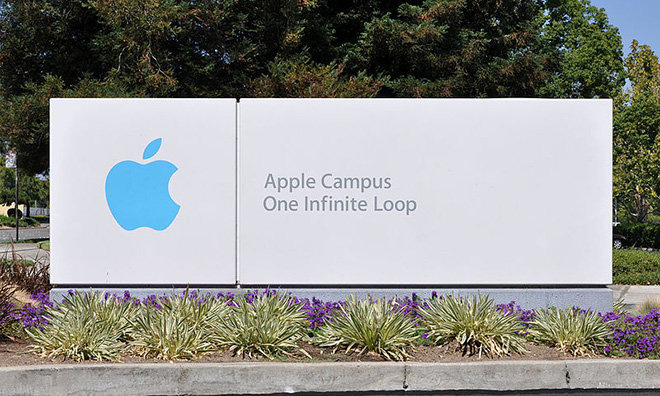Apple and a cadre of Silicon Valley heavyweights have plans to issue a nonpartisan letter urging the next U.S. president to back the Trans-Pacific Partnership trade agreement, a policy that would make hiring foreign workers a low friction process.
According to Reuters, which saw a copy of the document, the interests of tech industry giants Apple, Amazon, Facebook, Uber and others are being represented by 13 industry groups. The Internet Association, Telecommunications Industry Association and Information Technology Industry Council are among the letter's signatories.
Covering a dozen trade policy recommendations, the open letter is directed at presumptive Republican presidential candidate Donald Trump and Democratic front-runner Hillary Clinton, both of whom have not adopted TPP as part of their political platforms.
As noted by the publication, Trump's campaign is anchored by hardline immigration policies, though he appears willing to make concessions for highly skilled foreign workers. Clinton's stance is proactive by comparison, with the former secretary of state promising to increase the number of visas for qualified applicants. Neither Trump nor Clinton have taken a definitive position on TPP, which was signed in February but has not yet seen implementation.
In addition to trade agreements, the letter also asks for "narrowly targeted government access to user data" and recognition of consumer privacy issues, specifically that encryption be deemed a "critical security tool." Apple was recently involved in two high-profile court cases after resisting FBI warrants for assistance in accessing passcode-locked iPhones. The legal battle sparked a contentious debate over encryption rights.
Other topics addressed in the document include online censorship, a call to back the so-called "sharing economy" and tax issues.
A source familiar with the matter told Reuters the letter is the first to represent a wide range of tech industry interests on a single platform during a presidential campaign. The document will officially make its way to campaign runners later on Wednesday ahed of the July convention season, and months before the general election in November.
 Mikey Campbell
Mikey Campbell








 Malcolm Owen
Malcolm Owen
 Amber Neely
Amber Neely


 Christine McKee
Christine McKee

 Chip Loder
Chip Loder
 Marko Zivkovic
Marko Zivkovic









20 Comments
Right, highly skilled foreign workers. That is exactly what I think of when I work with H1-B visa holders. The O1 visa was actually for highly skilled foreign workers. The H1-B program has been bastardized to no-end by corporations to leverage cheap labor.
http://www.o-1artistvisa.com/h1b-vso1-visa/:
"In order to obtain an O1 visa, you must fall under the category of possessing “extraordinary” talents, illustrated through evidence such as receiving nominations or awards, scholarly publication or being recognized by the media or press. Contrarily, in order to obtain an H-1B visa, you do not have to show evidence of possessing exceptional ability in a field, but instead, you are employed to work in the U.S. temporarily in a “specialty” occupation. Specialty occupations are typically jobs in fields such as business, engineering, and math. Normally, you are also required to have received at least a Bachelor’s degree or equivalent"
This is one thing that could eventually have me buying hardware other than Apples. I really think they need to reexamine their behavior here, the H1-B visa program has had a terrible impact on all workers in America from the lowest right up to highly skilled professionals. We need to get the economy back on track (it is way off track at the moment) and worry about foreign workers when there is an actual shortage of qualified individuals in this country. As it stands now the only thing H1-B is doing for America is lowering everybody's standard of living.
I think that until we as Americans start actually caring about our education system the problem of getting "cheap" labor from other countries will only increase. In my opinion all we are doing now is giving lip service to the problem and not doing anything to fix the issue.
No. No. No.
The TPP may be good for multinational corporations, but it is bad for the country and its citizens.